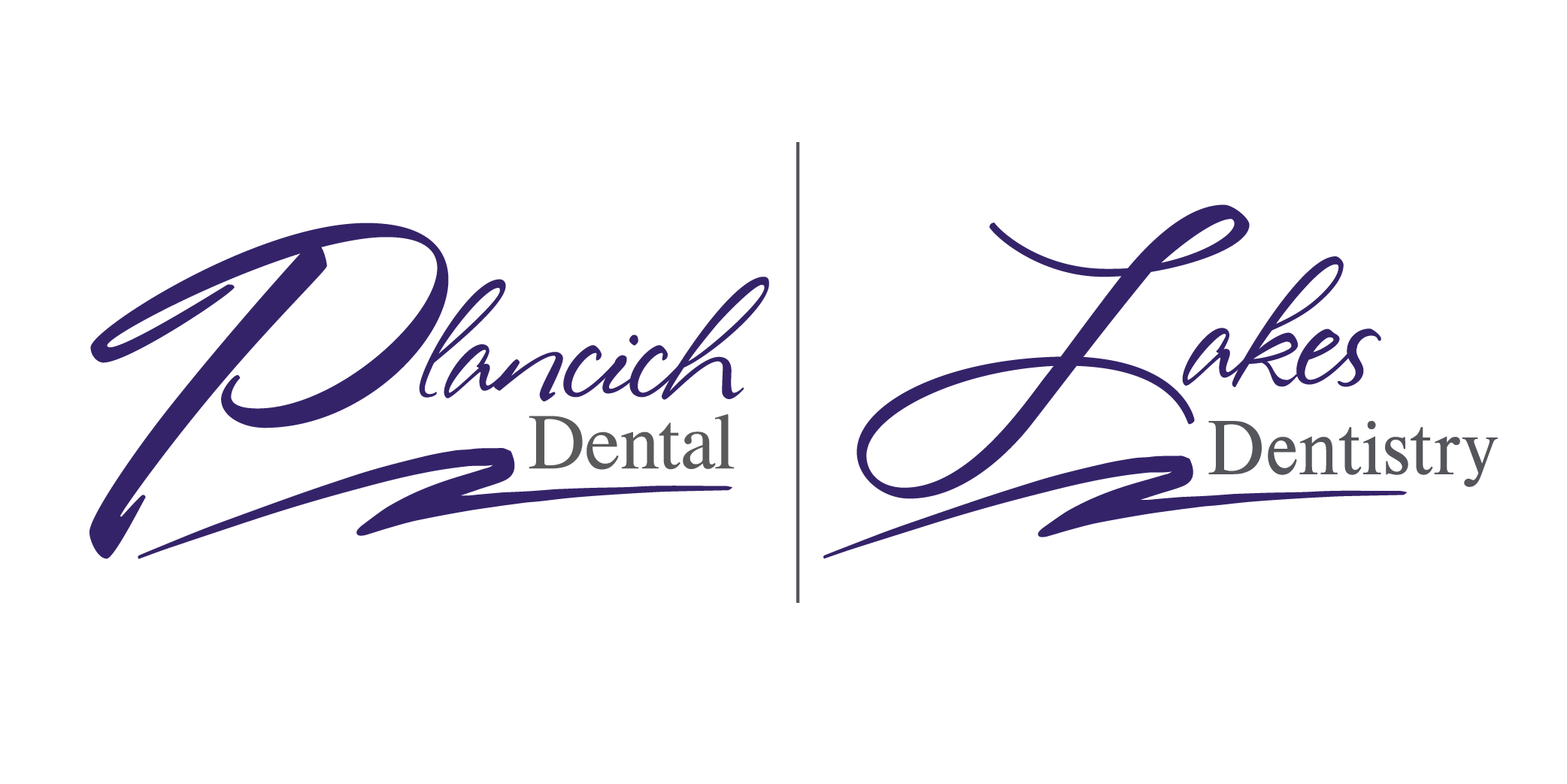One of the most common oral surgeries is wisdom tooth removal, but how much do you really know about your wisdom teeth? Other than when you’re getting them removed, or when they’re causing you pain, it’s pretty normal to never think about your wisdom teeth. Here at Plancich Dental, we practice holistic dentistry, which means we consider every aspect of oral health and dental care. So this month’s blog post will help you understand what your wisdom teeth are, what causes wisdom tooth pain, and when it might be time to get your wisdom teeth removed.
What is a wisdom tooth?
Wisdom tooth is just another name for any one of four third molars found in your adult teeth.
These are usually the last, or farthest to the back, teeth in your mouth. Wisdom teeth are different from your other teeth because, while most people have wisdom teeth, in many cases, some or all of your third molars never grow in. You can also have more than four wisdom teeth, in some cases. Other times, your wisdom teeth aren’t visible because they haven’t normally erupted through the gums, leaving them stuck under the gingival tissue.
What causes wisdom tooth pain?
Here are four main causes of wisdom tooth pain, to consider when you experience it.
Growing Pains: If your wisdom teeth are hurting, it’s often just from them growing in. When they break through the gums, it can cause pain, slight swelling and soreness.
Cavities: Due to lack of space in your mouth, wisdom teeth regularly grow tightly next to neighboring teeth. This tight space does not leave enough room to properly clean, which makes it a sweet spot for cavities and further tooth decay.
Impacted Wisdom Tooth: If a wisdom tooth becomes impacted or doesn’t erupt, it can swell, causing pain when chewing or biting, and difficulty opening your mouth.
Gum Disease: Gum disease is more likely to form on wisdom teeth because of their location in your mouth. As with cavities, there is not enough room between the teeth to keep them clean.
Wisdom Tooth Pain Symptoms
Obviously, the primary symptom to look for is pain coming from your wisdom teeth. But how do you differentiate wisdom teeth pain from other oral health pain or a regular toothache? As the wisdom teeth come in, they can be very painful, but you can recognize the unique feeling of wisdom tooth pain if you know what to look for.
Wisdom tooth pain will come from the back of your mouth, behind your regular molars. If you look into a mirror, you may even be able to see your wisdom teeth beginning to poke through your gums. This area might be red, inflamed, or tender to the touch. Some people, however, don’t have any visible symptoms of wisdom teeth pain, so it’s always important to go to a dental health professional if you’re unsure.
In the meantime, if you’re struggling with pain, it’s a good idea to turn to home remedies and over-the-counter painkillers to cope with wisdom tooth pain. These include anti-inflammatory pain relievers like ibuprofen, or the application of an ice pack to the affected area of the jaw.
When should you have your wisdom teeth pulled?
You should consider wisdom tooth extraction when they don’t grow properly, and begin to cause further problems. These problems occur when:
- You have impacted wisdom teeth. If they aren’t able to emerge normally, wisdom teeth become trapped, within your jaw, which can result in infection or cysts that damage teeth roots and bone support. If you’re experiencing these problems, contact a dental health professional right away
- Emerge partially through the gums. This area is hard to see and clean, which creates a magnet for bacteria that cause gum disease and oral infection
- Crowd nearby teeth. If wisdom teeth don’t have enough room to come in properly, they may crowd or damage nearby teeth.
Who should you talk to about wisdom teeth removal?
If you’re concerned about your wisdom teeth, if they’re causing you pain, or if you’re just looking for consultation on your wisdom teeth, give the team at Plancich Dental a call today. We’re an experienced and caring team of holistic dental care professionals and oral surgeons, ready to assist you with all your oral health needs.
